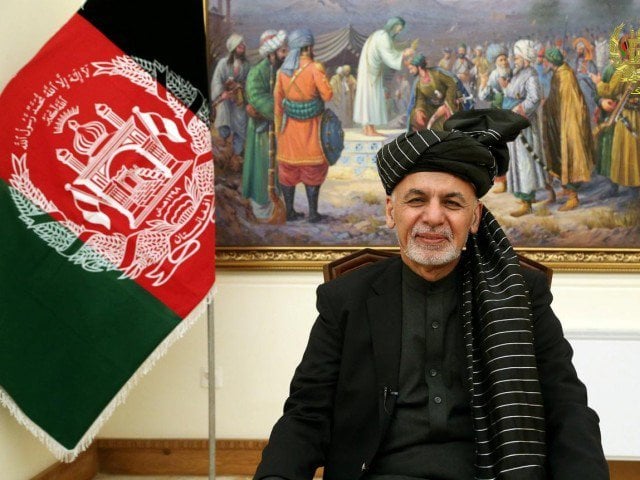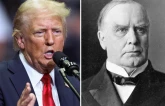
The announcement was shocking. First there were no prior reports of a meeting at the Camp David retreat between the US President and the Taliban, and then there was this statement calling off the meetings because the Taliban continued their deadly attacks that caused civilian and military casualties —both from the Afghan and coalition forces.
Deadly attacks on military and government targets are taking place across Afghanistan almost daily. There is no doubt these attacks have multiplied in recent weeks as the peace talks have progressed. But making a single attack, in which an American soldier was killed, as the basis of the abrupt cancellations of the peace talks is totally inexplicable and unwarranted.
The US has invested much time and effort in the long-drawn-out and often difficult negotiations in Doha, where American negotiators have held nine rounds of talks over a span of 11 months.
There could be two possible explanations for Trump’s withdrawal from the peace talks. Firstly, there was the mounting pressure on the President to review his strategy of talks with the Taliban. Many in the US Administration believed that the recognition of the Taliban as principal stakeholders in the runup to an agreement would embolden the movement and they would dictate the terms, which should ordinarily be unacceptable. There was deep skepticism about the impending confusion and escalation of violence following the phased withdrawal of foreign forces. This difference of perception on the method and timeframe of the withdrawal was felt even at the highest levels. The US Secretary of State for instance, was not reportedly in favour of a hurried evacuation of US forces. President Trump was possibly responding to this feeling in the administration about some clauses in the agreement.
Secondly, the cancellation of Camp David meetings and the whole process of negotiations could be designed to pressure the Taliban to agree to some sort of a suspension of violence or a limited ceasefire. A ceasefire has been a constant demand of the US in the talks with the Taliban. Meanwhile, the Taliban have not agreed to a ceasefire before the withdrawal of forces because they believe such a move would split the movement. They also presume that if the ceasefire fails, it will be impossible for them to bring their hardcore volunteers back to the battlefield and make them fight. The cancellation of the talks that had initially delivered a positive outcome is seen as exerting pressure on the Taliban to get more concessions from the movement.
Given the fact that a draft agreement was ready and had the approval of the US government, it is unlikely that the decision to cancel the peace talks would remain operative for too long. Sooner or later the Doha agreement would have to be signed and its implementation started, if Afghanistan has to be launched on a trajectory of peace and stability. But if Trump’s eccentricity comes into play and a frightening breakdown of relationship occurs with the Taliban, then there would be disastrous consequences for peace in the country.
With hopes for a breakthrough in talks fading out, extremism will take hold on all sides. The Taliban would become more desperate and launch more ferocious attacks. At the same time, factions like the IS would also begin to take advantage of the ensuing confusion and chaos and try to inflict more damage on the people and government installations. There would be more insecurity, lawlessness, pain and suffering for the rank and file Afghans. There will be no winners in an ever-escalating cycle of unending violence.
There is an urgent need to prevent a collapse of authority in Afghanistan. The peace talks must be revived with some adjustments on both sides. The people should not be driven into a state of despondency as that would aggravate an already unsustainable politico-military upheaval in the country. The agreement — the outcome of laborious efforts of the US and Taliban negotiators spread over nine lengthy rounds of deliberations — should not be made into a scapegoat of political expediency. Wisdom and sanity must prevail to prevent a derailment of the painstaking peace process as so much is at stake.
Published in The Express Tribune, September 14th, 2019.
Like Opinion & Editorial on Facebook, follow @ETOpEd on Twitter to receive all updates on all our daily pieces.







1727268465-0/Untitled-design-(42)1727268465-0-270x192.webp)





COMMENTS (1)
Comments are moderated and generally will be posted if they are on-topic and not abusive.
For more information, please see our Comments FAQ